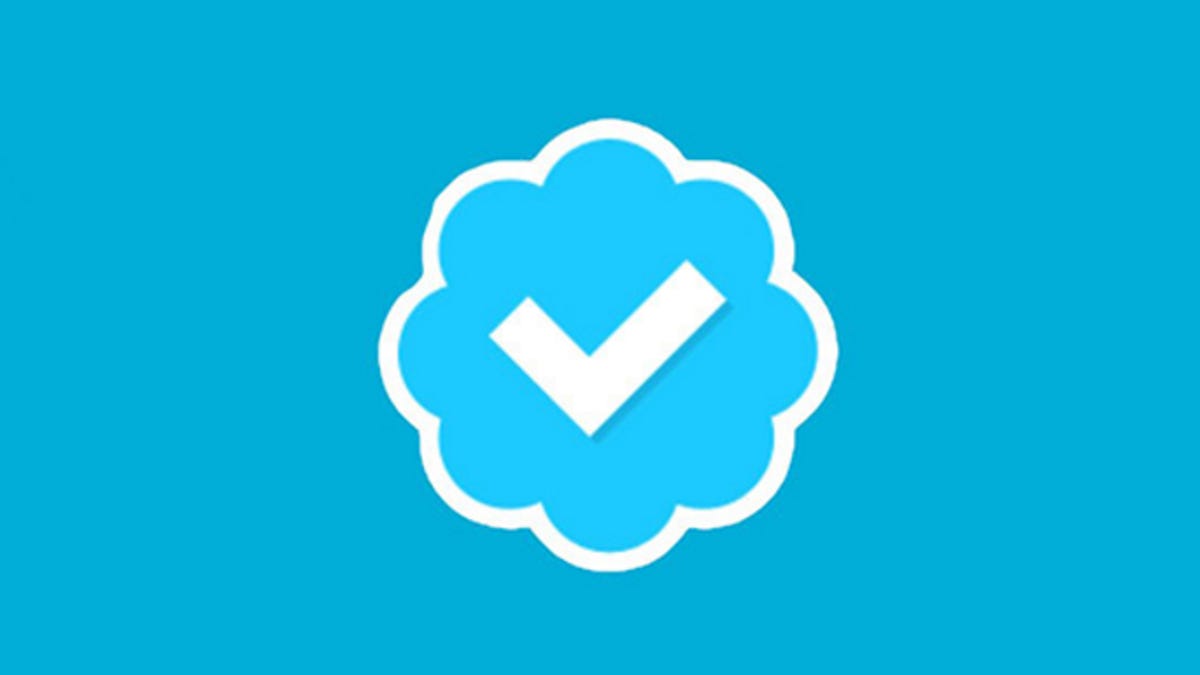Twitter plans to expand its 'verified' service to anyone
CEO Jack Dorsey admits the current system, meant to indicate authenticity, is "broken." In the meantime, Twitter is focused on verification of political candidates.

This blue checkmark is going to spread a lot further soon.
More blue checkmarks are coming.
Twitter CEO Jack Dorsey said in a livestream Thursday that the company plans to offer its blue-check-mark verification badge to more of its users, an oft-requested feature.
He said the company is working on a new process to verify people's identity and ensure credibility.
"We want to be one of the most trusted services in the world, and we know we have a lot of work to get there," he said.
Despite its original function of authenticating accounts, the blue check mark has grown to become a status symbol of sorts.
Verification was originally bestowed on celebrities as a way to let you know an account wasn't fake. The program expanded to other high-profile figures (and even journalists), but it remained an elusive goal for many users.
Dorsey admitted the current system is "broken," in part because in becoming a status symbol, the checkmark began to be seen as a form of endorsement. This particularly became a problem as white nationalists and neo-Nazis became more vocal parts of American politics.
Currently, Twitter is especially focused on ensuring that accounts for candidates in elections are verified, Dorsey said. That's a key move, considering concerns that Russian propagandists might try to influence the upcoming US midterm elections.
The effort to further expand its verified program is part of Twitter's broader mission to rehabilitate the site and its reputation following criticism that it's been playing host to a toxic culture of hate and misinformation.
First published March 8, 1:46 p.m. PT
Update, 2:19 p.m.: Adds background, along with details about Twitter's efforts to use verification in the US midterm elections this year.
iHate: CNET looks at how intolerance is taking over the internet.
Tech Enabled: CNET chronicles tech's role in providing new kinds of accessibility.

